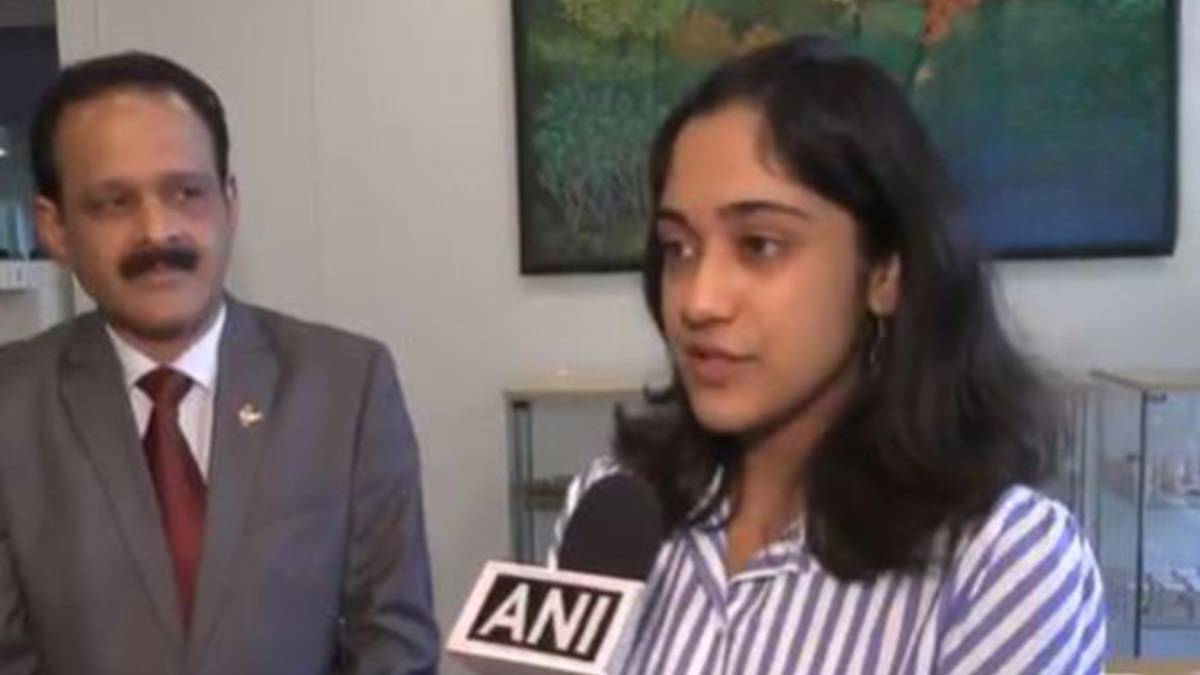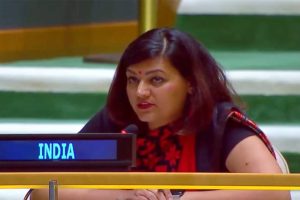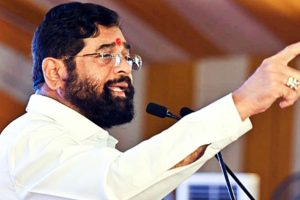As India’s all-party parliamentary delegation continues its global outreach under Operation Sindoor, members of the Indian diaspora in Tokyo voiced strong support for the initiative, praising the country’s unified stand against terrorism and its robust diplomatic efforts.
“This is the first time we’ve seen leaders from all parties come together abroad, speaking with one voice against terrorism. It’s very impressive and powerful,” said Niharika Jisnu, a 19-year-old university student in Japan. “It shows that India can rise above political divides when national security is at stake.”
Swapnali, a long-time Indian resident in Japan, echoed similar sentiments: “We want peace. People from different parties and communities should speak in one voice, which we saw here in Tokyo. The enemy will never forget India’s response.”
Another diaspora member commended the diplomatic outreach, saying, “Operation Sindoor was a strong military response, and this global diplomatic mission shows we’re serious about peace and security. It’s smart, and it’s working.”
The delegation — led by JD(U) MP Sanjay Kumar Jha and comprising Ambassador Mohan Kumar, BJP MPs Dr. Hemang Joshi, Aparajita Sarangi, Brij Lal, Pradan Baruah, CPI(M) MP John Brittas, and TMC MP Abhishek Banerjee — is visiting Japan, Indonesia, Malaysia, the Republic of Korea, and Singapore. Their mission: to share India’s firm response to the April 22 Pahalgam terror attack and to highlight the broader fight against Pakistan-sponsored cross-border terrorism.
BJP MP Brij Lal, during his interaction with the Indian community, reiterated the gravity of the threat posed by Pakistan-based terror groups. “There are terrorist organisations in Pakistan like Jaish-e-Mohammed, Lashkar-e-Taiba, Hizbul Mujahideen — all directly linked to multiple attacks in India. Pakistan has tried to destabilise India repeatedly to prevent growth and scare away investors.”
Referring to India’s past responses, Lal emphasized the country’s decisive actions: “Under Prime Minister Modi’s zero-tolerance policy, we launched surgical strikes in 2016, Balakot in 2019, and again retaliated after Pahalgam. We no longer see terrorism as isolated — we treat it as war.”
The delegation’s message is clear: India’s fight against terrorism is not just a government stance — it reflects a national consensus. The diaspora’s enthusiastic reception in Tokyo underscores the growing global support for India’s strong and united approach.





